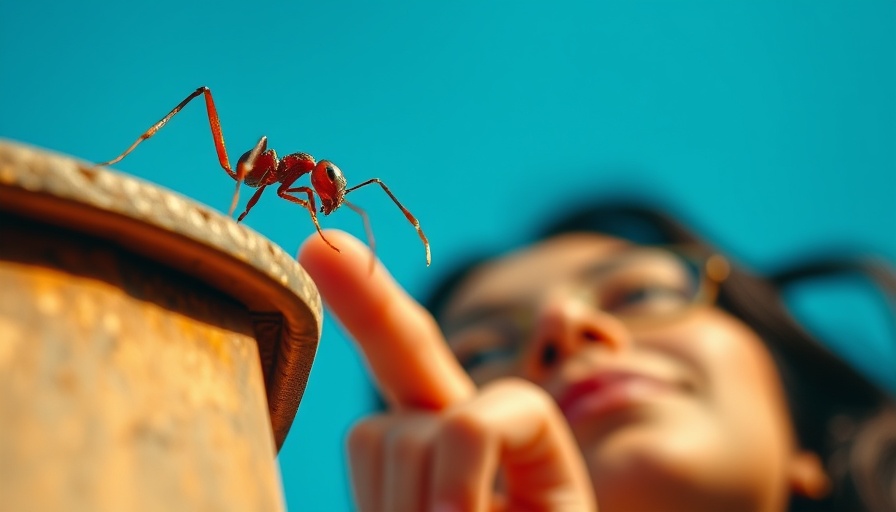
Understanding Ant Interactions: The Truth Behind Ant Bites
It’s summer, and as we venture outdoors, we often encounter the tiniest of creatures—the ant. Many of us may find ourselves wondering, "Do ants actually bite?" This question is not only fascinating, but it’s also important for anyone who spends time in parks or backyards. Dr. Zack, in his enlightening video, dives into this very topic, shedding light on the behavior of ants and how they relate to our daily lives.
In Doctor explains: do ants actually bite?, the discussion dives into ant behavior, exploring key insights that sparked deeper analysis on our end.
History and Background on Ant Behavior
Ants have been around for millions of years, playing crucial roles in our ecosystem. These remarkable insects are not just scavengers; they are also social creatures that communicate and work together. Understanding their behavior can help us coexist peacefully, minimizing the chances of being bitten.
When Ants Do Bite: A Protective Measure
Interestingly, the majority of ants are harmless and won’t bite unless provoked. Most ant species use their mandibles to bite as a defense mechanism, especially when they feel their colony is threatened. This means that ensuring we respect their territory—like when we walk on a picnic blanket—can help us avoid unwanted encounters.
Connecting with Nature: Why This Matters
This understanding of ant behavior can foster a deeper connection to nature for outdoor enthusiasts. When we recognize that ants are just trying to protect themselves, we are encouraged to appreciate the delicate balance in our ecosystem. It’s about seeing the bigger picture—how every creature, no matter how small, plays a role.
Conclusion: Engage with the Environment
The next time you spot these tiny insects, remember: those little bites are usually just ants looking out for their home, much like we do for ours. Let’s respect their space while enjoying the beauty that nature offers. Engaging with our environment opens doors to understanding and appreciation, enriching our outdoor experiences.
 Add Row
Add Row  Add
Add 




Write A Comment